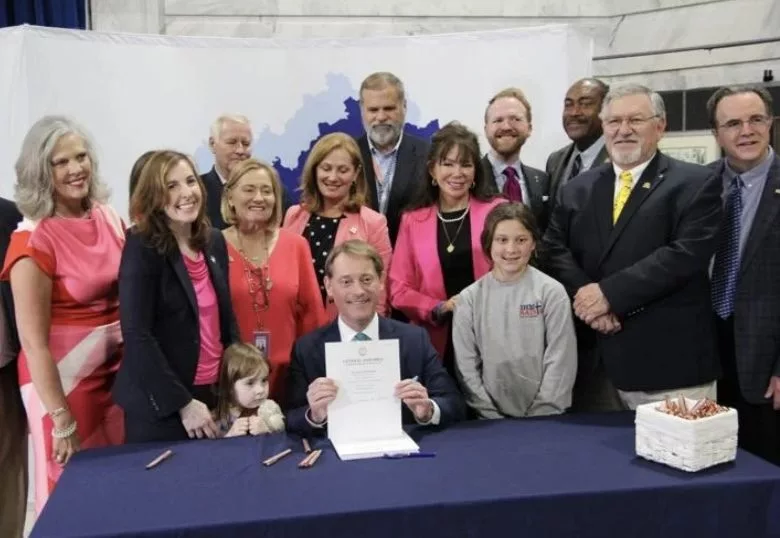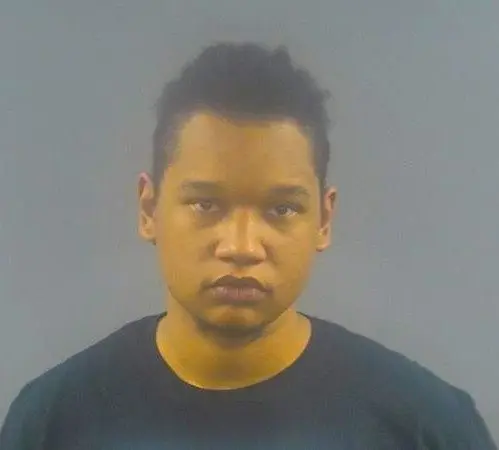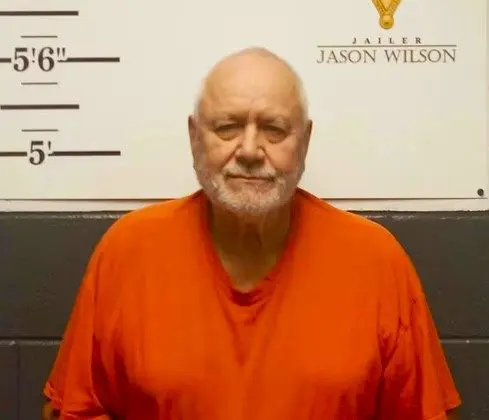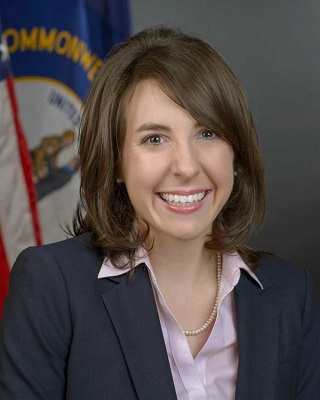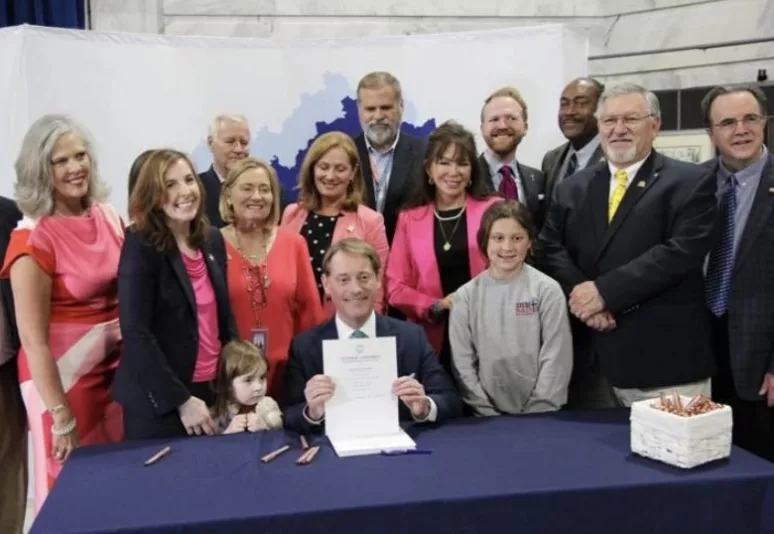
State officials and legislators were joined by pro-life Kentuckians on Tuesday at the Kentucky Capitol to champion House Bill 90, a comprehensive maternal health measure that passed the 2025 General Assembly.
“In Kentucky, we are pro-life, but we are also pro-mother. We love them both,” said Secretary of State Michael Adams during a ceremonial bill signing in the Capitol Rotunda. “House Bill 90 shows that our legislators are just as committed to mothers as they are to pre-born children.”
House Bill 90 began as legislation sanctioning freestanding birthing centers in Kentucky, merging late in the legislative session with a perinatal palliative care measure. It also clarifies maternal healthcare women are able to receive for pregnancy complications under the state’s total abortion ban.
Rep. Jason Nemes, R-Middletown, the bill’s primary sponsor, was approached last summer by Dr. Jeffrey Goldberg, a Louisville-based gynecologic oncologist and legislative advocacy chair for the Kentucky section of the American College of Obstetricians and Gynecologists. He expressed concern for Kentucky women seeking treatment for complicated pregnancies, noting that doctors were fearful, even with the exceptions to Kentucky’s abortion ban that allows physicians to intervene to protect the life of a pregnant woman.
House Bill 90 sponsors sit with constitutional officers at a bill signing ceremony on Tuesday. From left to right: Sen. Shelley Funke Frommeyer, Secretary of State Michael Adams, Rep. Kimberly Moser, Rep. Jason Nemes, State Auditor Allison Ball and her daughter and Rep. Nancy Tate. (Kentucky Today/Tessa Redmond)
Nemes invited Dr. Goldberg and a group of colleagues to draft a bill addressing their concerns.
“Groups that had not really worked well together in the past got together and they were unified in the purpose of protecting Kentucky lives,” Nemes said. “And so there was disagreement here and there and moving commas around and this, that and the other. But at the end of the day, we had a bill that could survive.”
House Bill 90 updates the definition of “abortion” in the Kentucky Revised Statutes, which now states: “The performance of any act with the intent to terminate the clinically diagnosable pregnancy of a woman known to be pregnant with knowledge that the termination by those means will, with reasonable likelihood, cause the death of the unborn child by one (1) or more of the following means,” including both abortion-inducing drugs and use of instruments or external force.
It also clarifies that an abortion does not mean actions that require “separating the pregnant woman from her unborn child when performed by a licensed physician.”
Those actions include:
- Lifesaving miscarriage management,
- Treating sepsis and hemorrhage,
- Saving the life of an unborn child,
- The use of medications or surgical procedures to remove ectopic pregnancies,
- The removal of a dead fetus,
- The removal of a molar pregnancy,
- and preventing the death, or risk of death, of a pregnant woman.
At a Senate committee meeting in March, Dr. Goldberg said that House Bill 90 addresses the most “glaring” barriers to care for conditions impacted by Kentucky statutes.
“We had to run up against some realities of many things that need to be fixed, and some things that needed to be fixed right away. I don’t want anybody to leave the room today thinking that this is a conclusion to this process,” he said.
“We’re hopeful to get at least some initial changes in statute that will remove the conflicts that physicians are facing between, on the one hand, trying to do what is right for their patient based upon what the medical evidence dictates and, at the same time, their fear of being accused of a felony, being caught up in current statutes that were never intended by the legislature to cover things other than elective pregnancy termination,” Goldberg added.
Rep. Kimberly Moser, R-Taylor Mill, expressed gratefulness on Tuesday for medical professionals like Dr. Goldberg, who came to legislators to solve a problem they perceived.
“We very gladly jumped on board to try to correct any problems that they saw and, of course, to protect our moms and protect our babies. So they came to us last summer…and wanted to clarify these protections and the treatments for women in a…crisis pregnancy…and that is exactly what House Bill 90 does.”
“The reason this building exists, indeed the premise underlying a legislature that meets annually, is that we do not rest on our laws. We seek continuous improvement. We’re never done seeking a commonwealth that protects our most vulnerable,” Secretary Adams said to the crowd gathered in the Capitol Rotunda.
“You’ll recall from high school physics that nothing moves unless it is pushed. So thank you for all the progress that we’ve made in making Kentucky a pro-life state. That happened because of citizen action and because of courage on the part of our health officials despite horrific backlash from special interests with significant resources, as well as the open hostility of discovery. As this bill shows, our work is not done. In that vein, I’m proud to, again, sign this bill.”
House Bill 90 will be known by two names: the freestanding birthing centers provisions cited as the “Mary Carol Akers Birth Centers Act” and the perinatal palliative care and abortion clarification measures cited as the “Love Them Both Act of 2025.”
The bill featured an emergency clause, which means it took effect immediately after both chambers overrode Governor Andy Beshear’s veto on March 27.
(Photo: Secretary of State Michael Adams holds a copy of House Bill 90, which he signed again at a ceremony in the Capitol Rotunda on Tuesday, May 13, courtesy of Tessa Redmond, Kentucky Today)
By Tessa Redmond, Kentucky Today





